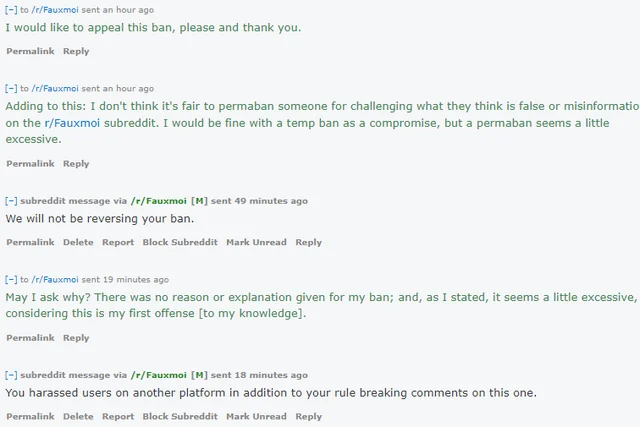As of today’s era, social media is reigning supreme thus making authenticity rare. The pressure to show an idealized self has given birth to the rise of R/Fauxmoi which means people hide behind a mask and pretend they are perfect people while hiding their real selves in search for validation and approval.
Understanding the Concept of R/Fauxmoi
R/Fauxmoi, which is derived from French words “faux” meaning false and “moi” meaning self, captures the idea of portraying phony persona. It includes presenting a complete picture with no blemish as you suppress your sincere emotions and weaknesses.
History and Origin of R/Fauxmoi
To begin with, the roots of R/Fauxmoi can be found in the advents of social media where genuine connection was replaced by content curation. Driven by societal norms and unrealistic expectations created by the virtual space, individuals started inventing their online personalities that would fit into a preconceived mold.
Importance of R/Fauxmoi in Today’s Society
In today’s hyperconnected world where perception matters more than reality, R/Fauxmoi acts as a way to cope with one’s daily interactions. People fear being judged therefore they create an image that looks polished at all times even when it means losing who they really are.
How R/Fauxmoi Affects Individuals
Rising prevalence of R/Fauxmoi negatively impacts on mental health resulting in feelings of inadequacy or impostor syndrome. The constant chase for perfectionism creates anxiety and self-doubt thereby leading to comparison cycles and dissatisfaction.
Psychological Aspects of R/Fauxmoi
Psychologically speaking, R/faux moi signifies disconnection between one’s true identity and the façade portrayed to others. This creates cognitive dissonance which sometimes leads to identity crises or existential angst hence diminishing one’s sense of worthiness.
Social Media and R/Fauxmoi
Consequently, social media platforms provide a fertile ground for R/Fauxmoi where people can perform their well curated personas. Being under the pressure of maintaining a flawless image breeds an era of seeking validation which in turn maintains fakeness.
Impact of R/Fauxmoi on Mental Health
The constant hunt for recognition through R/faux moi affects mental health leading to increased levels of stress, depression and loneliness. Regular comparison with these idealistic ones lowers self-esteem hence increasing feelings of inadequacy.
Ways to Overcome R/Fauxmoi
Defeating the concept of R/Fauxmoi involves embracing being vulnerable and real. By realizing oneself and ensuring true relationships, one is able to break free from perfectionism that holds them back from being genuine.
Case Studies Illustrating R/Fauxmoi
Several case studies illustrate how harmful this practice has been on individuals’ lives thus calling for measures to be taken by all stakeholders. The effects go beyond influencers burning out or teenagers caving into peer pressure.
Strategies for Managing R/Fauxmoi
To curb the impact of R/faux moi, some strategies like mindfulness, self-compassion and digital detox have proven helpful. By taking care of oneself through fostering more meaningful relationships rather than pretending that one belongs somewhere will actually help alleviate inauthenticity.
Role of Authenticity in Combating R/Fauxmoi
Authenticity is a powerful weapon against the spirit behind r/ faux moi because it enables one embrace their flaws as they celebrate diversity among others. In addition, when authenticity becomes part and parcel even online interaction genuine connection based on mutual respect is fostered.
Building Resilience Against R/ Faux Moi
Building resilience against R/Fauxmoi necessitates the development of high self-esteem and resistance to extrinsic validation. People need to change their perspective on how they handle challenges by taking them positively, rather than society’s expectations, focusing on what they as individuals value most in life.
Conclusion
R/Fauxmoi is a reminder that we live in an era of filtered images and constructed identities. People should be vulnerable and genuine so that they can escape from being enslaved by demanding a lot from themselves.
